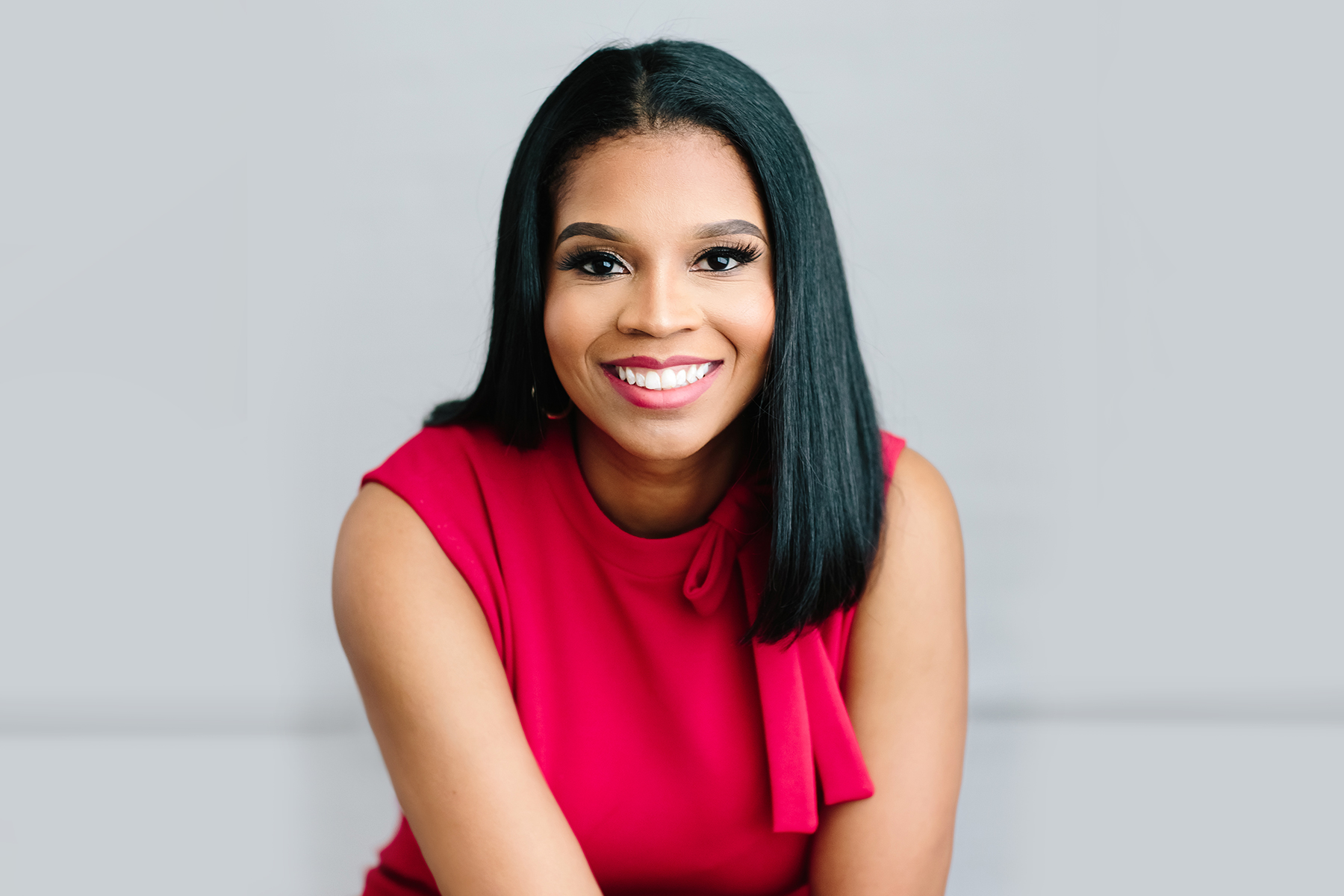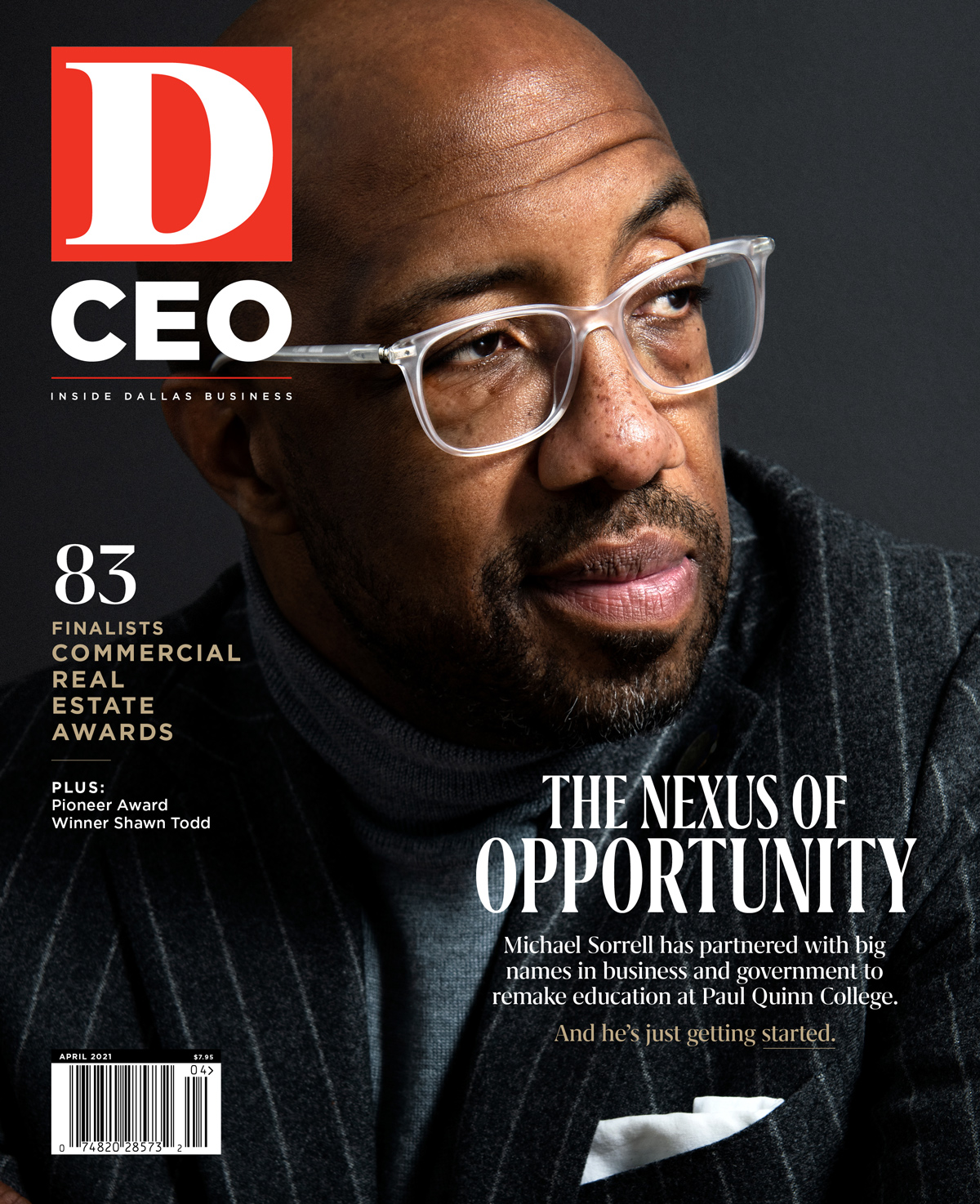Mandy Price watched her community change before her eyes, and she didn’t always like what she learned about her friends and neighbors. Growing up in Desoto, she was the only Black student in her kindergarten class.
By the time she graduated from high school, her class was half Black. In middle school, Price’s White friends would mention how “dangerous” the school had become, a thinly veiled reference to the influx of Black students who had joined them in the halls. When Price asked what they meant, her friends backtracked, reassuring Price that she was not included in their stereotyping.
“Because they grew up with me, they didn’t view me as the dangerous other folks that, in their mind, they could stereotype.” Price’s friends revealed a truth about racism that stuck with her: We make assumptions about people we don’t know, and those prejudices are often dissolved through real connection.
Price’s youthful experiences fueled a desire within her to help spark change. As an undergraduate at The University of Texas, she served on the school’s Racial Respect and Fairness Task Force. And at Harvard Law School, she focused her research on social justice issues and served on the Harvard Civil Rights-Civil Liberties Law Review.
Price spent more than a decade working as a private equity attorney, but her passion for social justice still burned bright. She became involved with several diversity initiatives and committees within her industry and found that corporate efforts were too often limited to tokenism or surface-level celebrations.
“I saw the lack of resources that a lot of diversity professionals have,” she says. “Even though companies were well-intentioned, the strategy just wasn’t there.”
“Even though companies were well-intentioned, the strategy just wasn’t there.”
Mandy Price, Kanarys
Price wanted to help change that. In 2018, she left her legal career to form Kanarys with her UT and Harvard classmate Star.
Carter, chief operating officer, and her husband, Bennie King, who serves as chief administrative officer. Price is at the helm as CEO. Kanarys helps companies improve their diversity, equity, and inclusion (DEI) efforts by leveraging training, data, and analysis. Its growth is expected to accelerate this year, as Kanarys just closed on $3 million in seed funding, bringing the total raised to $4.6 million.
Client employees anonymously review their companies, providing data about the progress of initiatives and insights into worker experiences. Price and her team then offer tailored strategies based on the findings revealed in the research. Once a company implements the recommendations, it can track cultural changes and progress through Kanarys’ software.
The company experienced steady growth last year, despite challenges related to the pandemic. It now measures DEI insights on nearly 1,000 U.S. companies, including Fortune 500 brands, making it the largest DEI data-driven platform of its kind in the U.S. Price says the recent seed funding will help Kanarys advance product features, make key technology and business development hires, and expand its client base.
“We want to ensure that we can help many more companies with the work that we’re doing and to help elevate equity, inclusion, and workplace,” she says.
Data Points
The Business Case for DEI
For real impact, diversity efforts must extend beyond demographic quotas to include equity and inclusion. “We know that a focus on DEI in business is not just the right thing to do for employees; it also makes good business sense,” Price says. This is supported by recent research:
- Global research and advisory firm Gartner found that 75 percent of companies with diverse and inclusive decision-making teams exceed their financial targets; gender-inclusive teams outperform their less-inclusive competitors by 50 percent.
- A 2015 Deloitte survey found that 83 percent of millennials are actively engaged if they believe the company fosters an inclusive culture, while only 60 percent of millennials are actively engaged within work environments that do not promote inclusivity.
- Research conducted by Boston Consulting Group in 2018 found that companies reporting above-average diversity on management teams had innovation revenue 19 percent higher than companies with below-average diversity across management teams.






